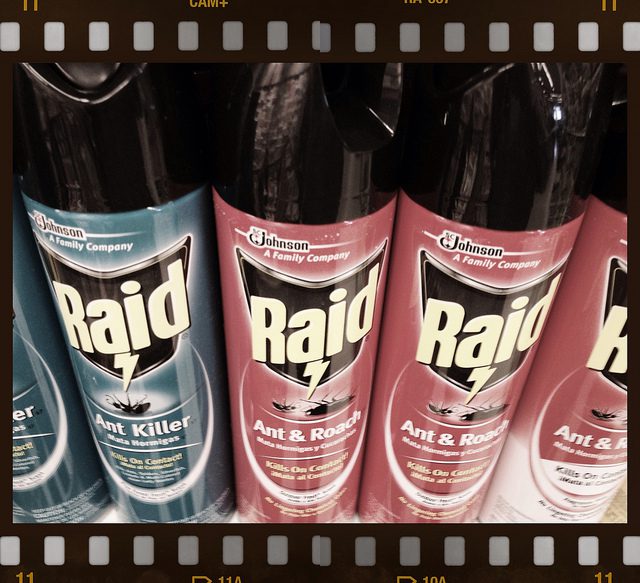It’s summer, the time of year when we seem to be most surrounded by bugs. Most of us use bug repellents to keep bugs away. But, which ones are safe?
DEET: Many bug repellents use DEET, which is quite effective in repelling all kinds of insects, including ticks and most mosquitoes. DEET gets a bad rap as carrying risk but, relatively speaking, the risk of it doing harm is minimal, especially if it is used sparingly. The risk is greatest for people who have used large doses of DEET frequently, over a very long period of time.
DEET is very irritating to your eyes, so wash your hands immediately after using it. DEET also can dissolve plastic. It is not a mild chemical, so don’t let it come in contact with a backpack that has plastic or anything that has plastic. It could damage it.
The neurotoxity concern with DEET is minimal.
Picaridin: Picaridin is another effective bug repellent, which has been available in the U.S. since 2005. Like DEET, it is effective against ticks and most mosquitoes, but it is not effective against mosquitoes carrying the West Nile disease.
Studies show that it lasts longer than DEET. A 10% concentration can last from between 3-1/2 to 8 hours. There is no neurotoxicity concern with Picaridin.
IR3535: IR3535 has been around for more than 20 years in Europe and since 1999 in the US. It is effective as a repellent for deer ticks and many mosquitoes but not great on mosquitoes that carry Zika, or yellow fever, dengue, and encephalitis — usually not big issues in the US.
There is little evidence of any neurotoxicity associated with IR3535. But, it can be an eye irritant and, like DEET, it will eat plastic.
PMD or oil of lemon eucalyptus: PMD is the synthetic form of oil of lemon eucalyptus. Studies suggest it might perform as well as DEET, but the evidence is inconclusive. Be aware that lemon eucalyptus oil is a different thing, so look for oil of lemon eucalyptus.
PMD or oil of lemon eucalyptus has not been tested as well as the other drugs by the FDA, because it’s a botanical, so it doesn’t have quite as rigorous a clinical testing profile. But they have found that it’s not particularly effective against mosquitoes that carry Zika, sandflies or midges. Midges are no-see-ums.
Avoid sunscreens that contain bug repellents, if possible. The goal should be to use as little medicine as possible on your body to minimize the likelihood of side effects or long-term effects. If you use a sunscreen with repellent, you are likely to be reapplying it more often than you would bug repellent alone.
If possible, use a fan outdoors as an alternative to a bug repellent. Bugs and mosquitoes tend to not land on you when there’s a breeze going on. You can also try using citronella candles, but there is no proof that they work to keep bugs away.
Here’s more from Just Care:
- One in three FDA-approved drugs have safety risks
- Right to try experimental drugs bill is a bad deal for terminally ill patients
- New FDA rule lets companies decide what food is safe
- Taking supplements? You’re at risk for liver damage
- Five ways to feel at your best










